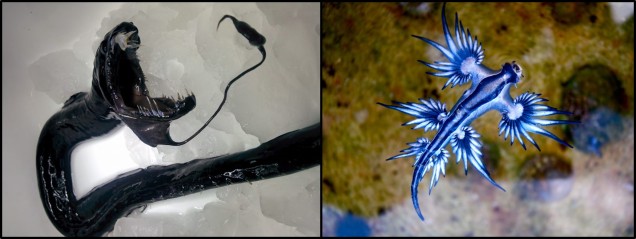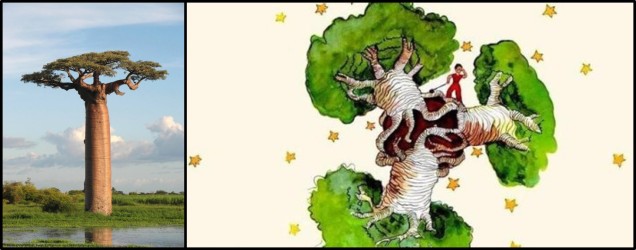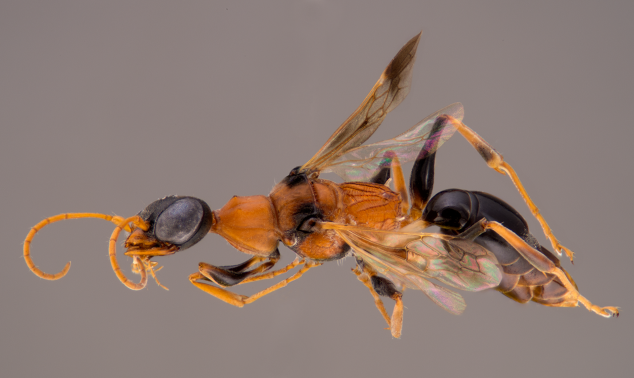The fantastical
Like many people, from a young age I was obsessed and interested in works of fantasy and science fiction. To feel transported to magical worlds of various imaginative creatures and diverse places. The luxury of being able to separate from the mundanity of reality is one many children (or nostalgic adults) will be able to relate to upon reflection. Worlds that appear far more creative and engaging than our own are intrinsically enticing to the human psyche and the escapism it allows is no doubt an integral part of growing up for many people (especially those who have also dealt or avoided dealing with mental health issues).
The biological
The intricate connection to the (super)natural world drove me to fall in love with the natural world. Although there might seem to be an intrinsic contrast between the two – the absence or presence of reality – the truth is that the world is a wondrous place if you observe it through an appropriate lens. Dragons are real, forms of life are astronomically varied and imaginative, and there we are surrounded by the unknown and potentially mythical. To see the awe and mystification on a child’s face when they see a strange or unique animal for the very first time bears remarkable parallels to the expression when we stare into the fantasy of Avatar or The Lord of the Rings.

It might seem common for ‘nerds’ (at least under the traditional definition of being obsessed with particular aspects of pop culture) to later become scientists of some form or another. And I think this is a true reflection: particularly, I think the innate personality traits that cause one to look at the world of fantasy with wonder and amazement also commonly elicits a similar response in terms of the natural world. It is hard to see an example where the CGI’d majesty of contemporary fantasy and sci-fi could outcompete the intrigue generated by real, wondrous plants and animals.
Seeing the divine in the mundane
Although we often require a more tangible, objective justification for research, the connection of people to the diversity of life (whether said diversity is fictitious or not) should be a significant driving factor in the perceived importance of conservation management. However, we are often degraded to somewhat trivial discussions: why should we care about (x) species? What do they do for us? Why are they important?

If we approach the real world and the organisms that inhabit it with truly the same wonder as we approach the fantastical, would we be more successful in preserving biodiversity? Could we reverse our horrific trend of letting species go extinct? Every species on Earth represents something unique: a new perspective, an evolutionary innovation, a lens through which to see the world and its history. Even the most ‘mundane’ of species represent something critical to functionality of ecosystems, and their lack of emphasis undermines their importance.

The biota of Earth are no different to the magical fabled beasts of science fiction and fantasy, and we’re watching it all burn away right in front of our eyes.

One thought on “Short essay: Real life or (‘just’) fantasy?”